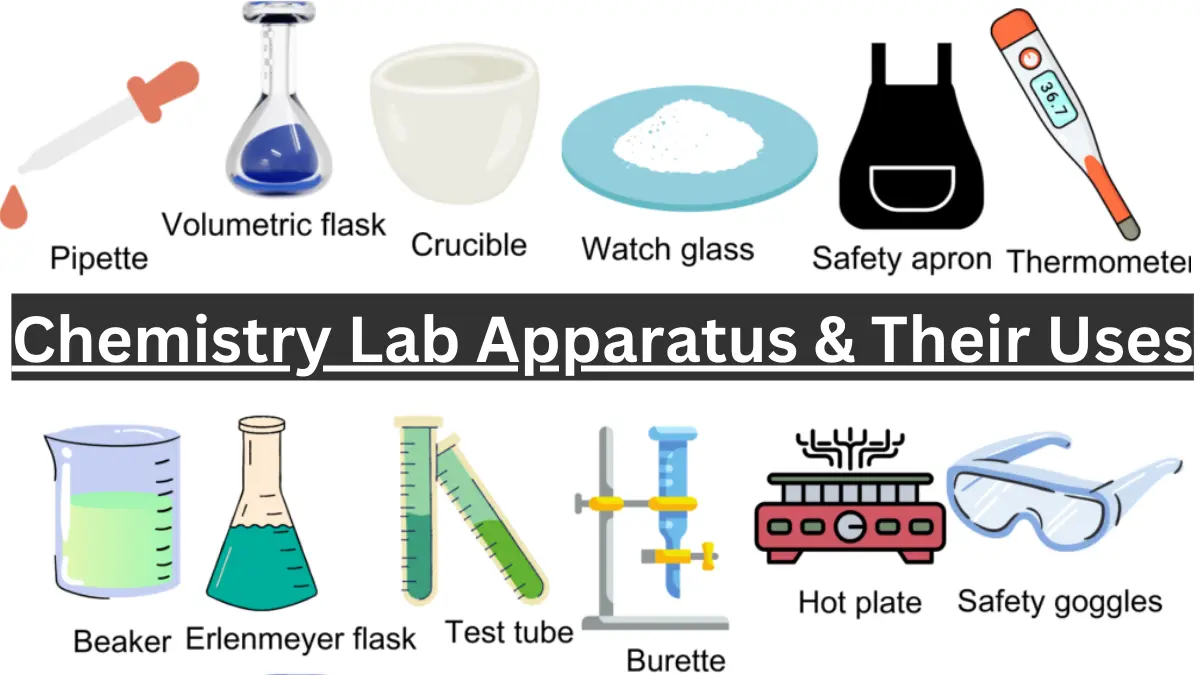Differences between Actual Yield and Theoretical Yield
The main differences between actual yield and theoretical yield is that theoretical yield is the calculated maximum potential product mass, while actual yield is the real-world mass produced in a chemical reaction. Actual Yield vs Theoretical Yield Here are the main differences between Actual Yield and Theoretical Yield: Characteristic Actual Yield Theoretical Yield Definition Amount … Read more
